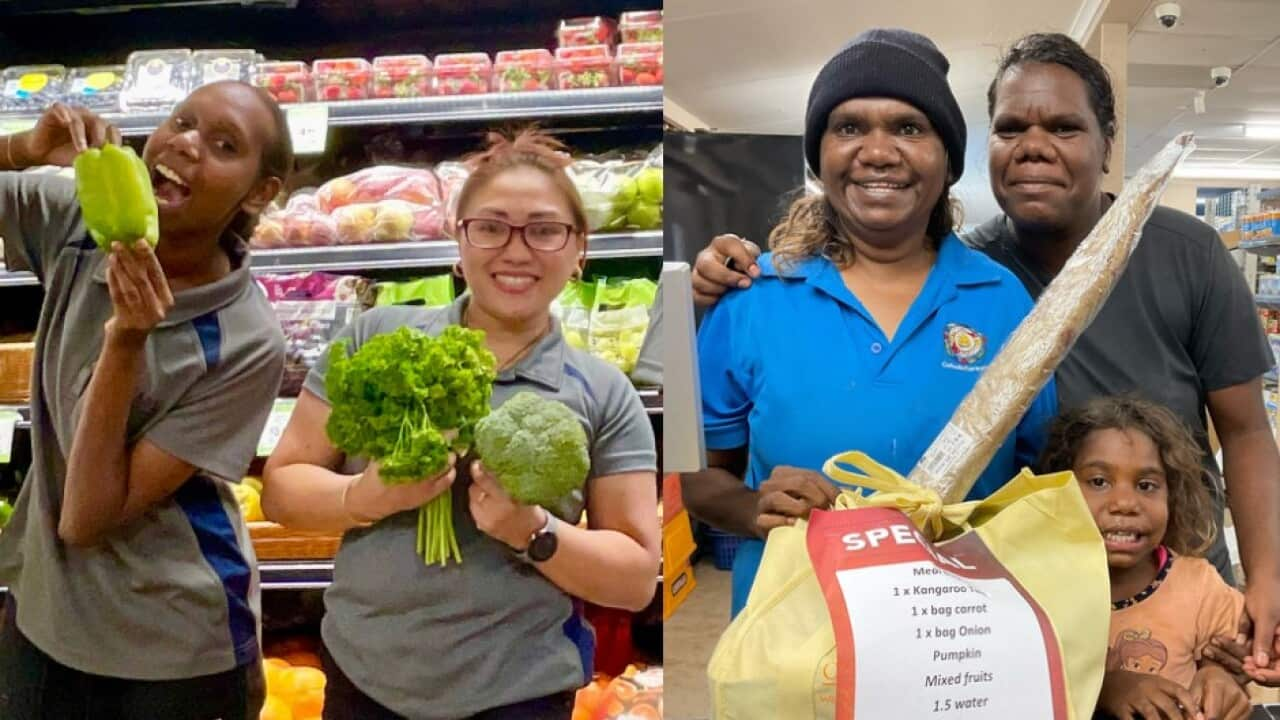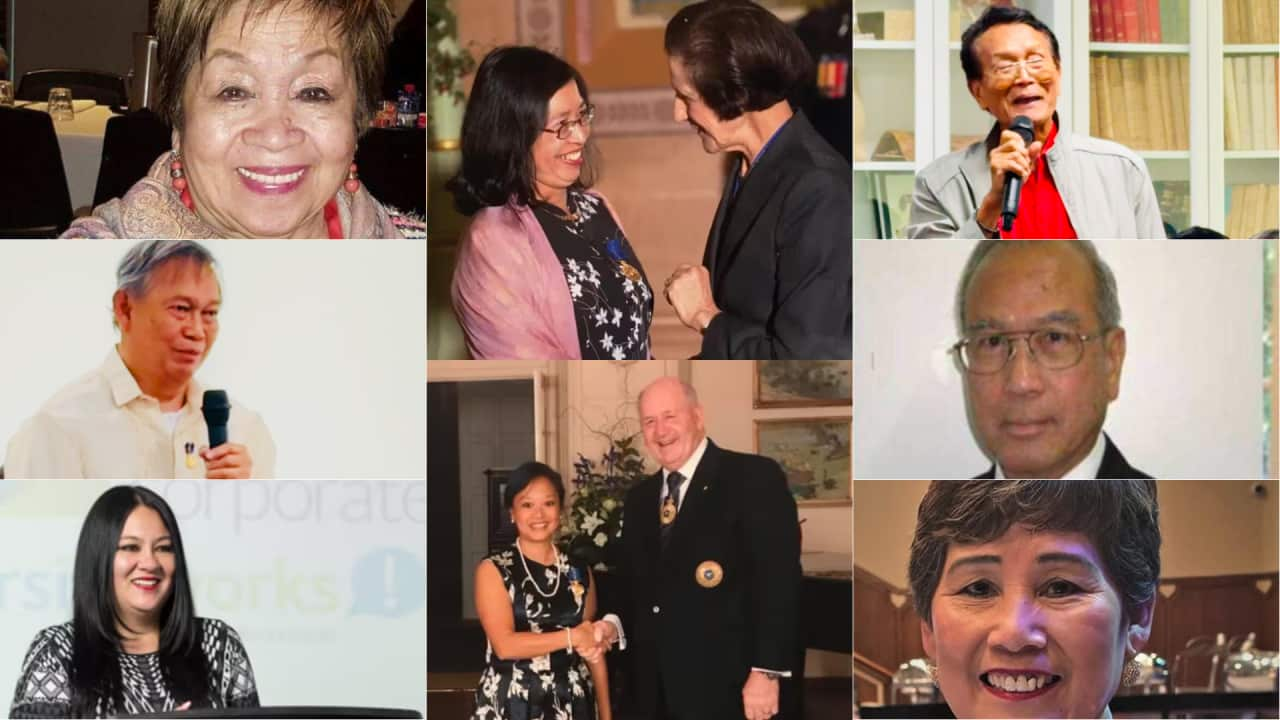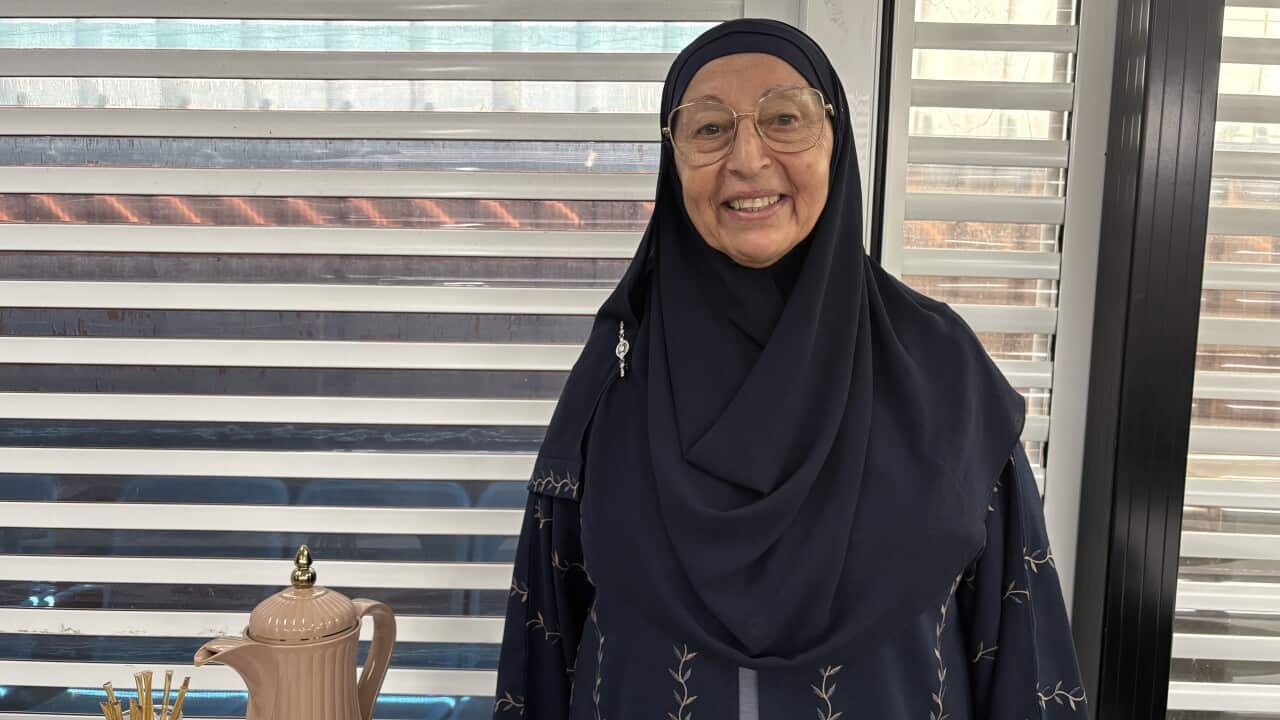Key Points
- Filipino-Australian Mary Cris Carias-Cooper, together with her husband Joe Cooper, manages the Mirnirri Store in Ali Curung.
- With a deep respect for the local Aboriginal culture and traditions, the Filipino store manager has built meaningful connections within the community of Ali Curung.
- Approximately 500 Indigenous Australians are estimated living in Ali Curung.
Outback Stores, a not-for-profit organisation, operates 50 retail stores in remote Indigenous communities across Australia's outback. Among these stores is Mirnirri in Ali Curung, Northern Territory, managed by Filipino-Australian entrepreneur, Mary Cris Carias-Cooper and her husband Joe Cooper.
Mirnirri store has become a hub for the local Indigenous Australians, providing a sense of connection and support to over 500 residents near Ali Curung.
The couple actively incorporated Aboriginal practices into their store's operations, respecting and celebrating the traditions of the land.
Mary Cris, known as Crissy in the community, took the initiative to understand the community's culture and dietary needs. In her efforts to offer healthy and affordable options tailored to their preferences, Crissy says they aim to not only enhance their health but also contributed to their sense of belonging.
Expressing her gratitude for the warm reception she has received, Crissy shared, "I have become close to all of them. Wherever they see me, they call out to me, even the children. They even invite us to their birthdays, where I got to taste kangaroo tail."

Mary Cris Carias-Cooper prepares bags for Indigenous Australians that contain a variety of fruits, vegetables, and kangaroo tails.
Eating kangaroo tail is deeply rooted in the culture and tradition of Aboriginal and Torres Strait Islander peoples.
It wasn't until 1980 that Southern Australia legalised the consumption of kangaroo meat, followed by other states in 1993. The decision came as a response to the growing overpopulation of kangaroos, which needed effective management strategies.
While kangaroos faced hunting pressures from licensed shooters, they were also protected by state and federal legislation, preventing non-Aboriginal hunting activities. This protection enabled Aboriginal communities to continue their cultural traditions, which are part of their relationship with the land and its wildlife.

Nicola Pitt (left) with Outback Stores director Bess Price (middle) and Ali Curung store director Cynthia Smith (right).jpg
According to the Australian Institute of Health and Welfare, Indigenous Australians residing in remote areas face a significantly higher disease burden and lower life expectancy compared to their non-remote counterparts. This disparity can be attributed to various factors, including a lack of educational and employment opportunities, limited access to healthcare services, inadequate housing conditions, and other factors that influence healthy behaviors, such as the availability and affordability of fresh produce.
Apart from traditional food, Nicola Pitt, the Communications Officer of Outback Stores shares that they are promoting healthy choices and improving nutrition in remote Indigenous communities.
"Our mission is to be a sustainable business that makes a positive difference in remote Indigenous communities' health, employment, and economy by improving food affordability, availability, nutrition, and community services.”

Mary Cris [in front] with husband Joe Cooper [far right] alongside the Ali Curung community members and Graham Beasley [centre] one of the directors of the shop.jpg
“Crissy genuinely enjoys providing excellent service to her customers. She consistently comes up with creative ways to do so."
For Crissy, this job is not only fulfilling but also provides support for her family back in the Philippines. She is grateful for the opportunity to have a meaningful job and make a positive impact on the lives of others.






